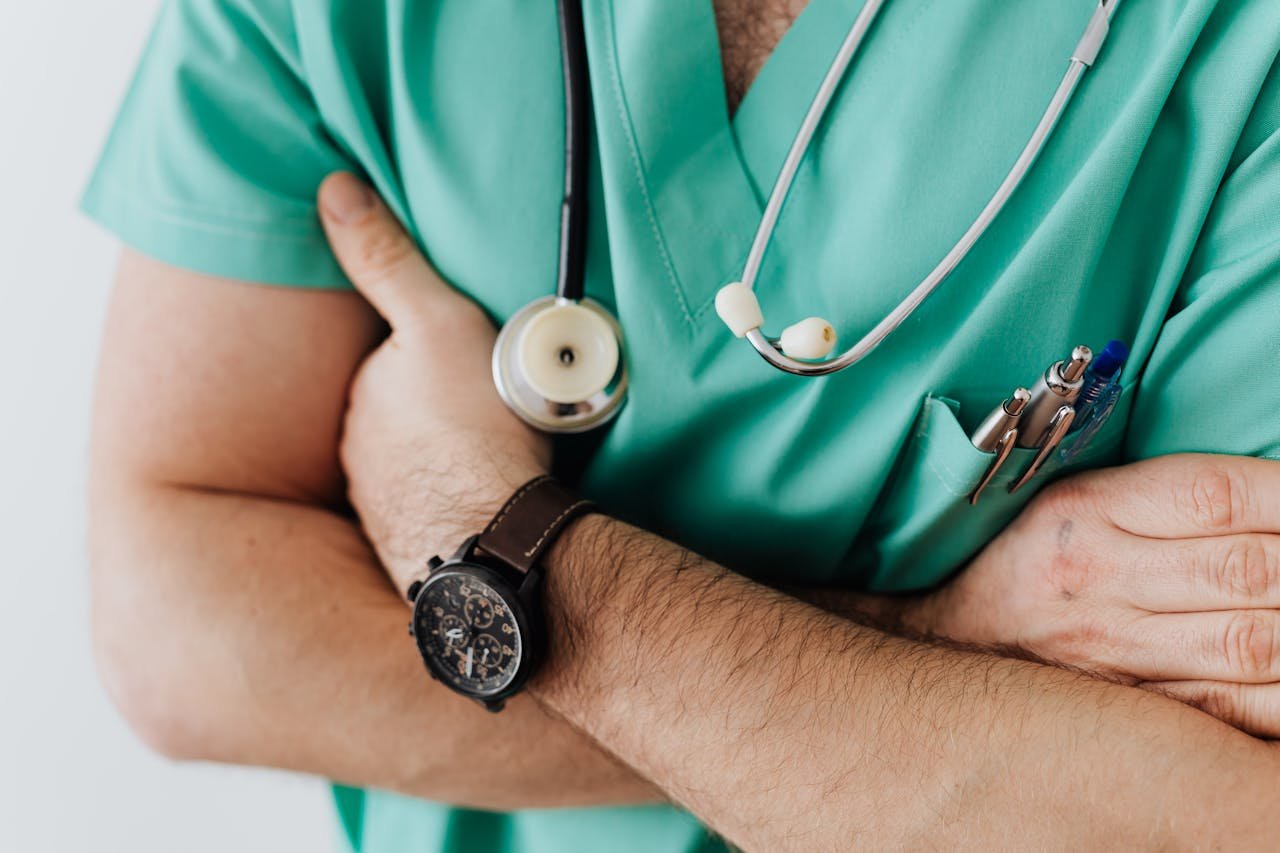Preparing for an Independent Medical Examination
After filing a personal injury lawsuit, a plaintiff needs to provide substantial information to the defendants in a case. Indeed, plaintiffs often need to answer questions under oath, provide countless records, and turn over any photographs and videos that might be relevant to a case. In addition, plaintiffs in a personal injury case may also need to submit to an independent medical examination so that a defendant’s physician can examine the injuries alleged by a plaintiff. However, by keeping a few things in mind, preparing for an independent medical examination can be much easier for plaintiffs.
Understanding the Process
Preparing for an independent medical examination is easier when individuals subject to such an examination understand the process. During an independent medical examination, a physician will evaluate a person who has suffered personal injuries. This examination will usually involve range of motion tests and observations of any wounds that may have been suffered as a result of personal injures. In addition, assessments of a person’s overall health may also be made so that a physician understands the impact that personal injuries may have had on a plaintiff.
It is important to note that the physician works for the other side, and does not necessarily have a responsibility to provide medical advice. An independent medical examination is not like an annual checkup at the doctor’s office. As a result, it is important to consider an independent medical examination as part of the adversarial process of litigation, and the examiner should not be treated as if they were your family physician.
Talk with your Attorney
The most important thing to remember when preparing for an independent medical examination is to speak with your attorney and receive answers to any questions you might have. It is not common for attorneys to be present when independent medical examinations take place. This out of concerns for privacy, and since attorneys cannot become witnesses for matters that they are litigating. However, attorneys can answer all questions related to an independent medical examination before this evaluation occurs. Your attorneys will tell you the types of procedures the physician can and cannot perform on you. Usually, physicians can test range of motion, make external examinations and perform other routine tasks. However, physicians usually cannot perform invasive and nontraditional procedures without prior court approval. If a physician begins to use unusual procedures during an independent medical examination, you should immediately talk to your lawyer to see if this is appropriate.
An attorney should also tell an examinee what types of things the plaintiff can relate to the physician. Anything that is said to the physician can be used against a plaintiff at a later time. As a result, it is important to be careful about the topics that are discussed with the physician. It is ordinarily fine to discuss symptoms and medical history that is relevant to the lawsuit for which the independent medical examination was scheduled. However, plaintiffs do not need to discuss nonrelevant topics or issues about causation that have nothing to do with the examination. As a result of all of these issues, it is important to have comprehensive conversations with your attorney before an independent medical examination occurs.
Documents to Bring
Another important thing to consider when preparing for an independent medical examination is what documents you should bring to an exam. Everyone should bring photo identification to their independent medical examination, since the physician will need to verify that the correct person has appeared for the exam. Besides identification, you should check with your attorney before bringing anything else to the examination. While it is usually fine to bring medical records that relate to a case, it may be the other side’s job to provide such documents to the physician prior to the exam taking place. In addition, defendants may only be entitled to certain medical records in a case, so bringing records to the exam may provide the defendants more information than they are entitled to discover. As a result, it important to be careful when bringing documents to an independent medical examination.
After the Examination
When preparing for an independent medical examination, it is important to understand what happens after an examination is completed. After an examination, the physician who conducted the evaluation will prepare a report of their findings. This report will cite all of the records relied upon when making medical determinations, such as the plaintiff’s medical records. In addition, the evaluation will include the physician’s observations, including the results of any tests and observations made during the examination. The report produced by the physician usually also includes a prognosis for the person that was examined and how personal injuries may affect this person throughout their life.
The report produced by the physician is almost always biased in favor of the party conducting the independent medical examination. This is because this is the party paying for the examination, so physicians may be inclined to write a report that helps support conclusions that the party holding the examination may be trying to advance.
The Rothman Law Firm is experienced with all types of personal injury case, and we also have experience dealing with independent medical examinations and other parts of such cases. If you are looking for an experienced New York and New Jersey personal injury lawyer to handle your case, please feel free to contact The Rothman Law Firm to request a free consultation.

